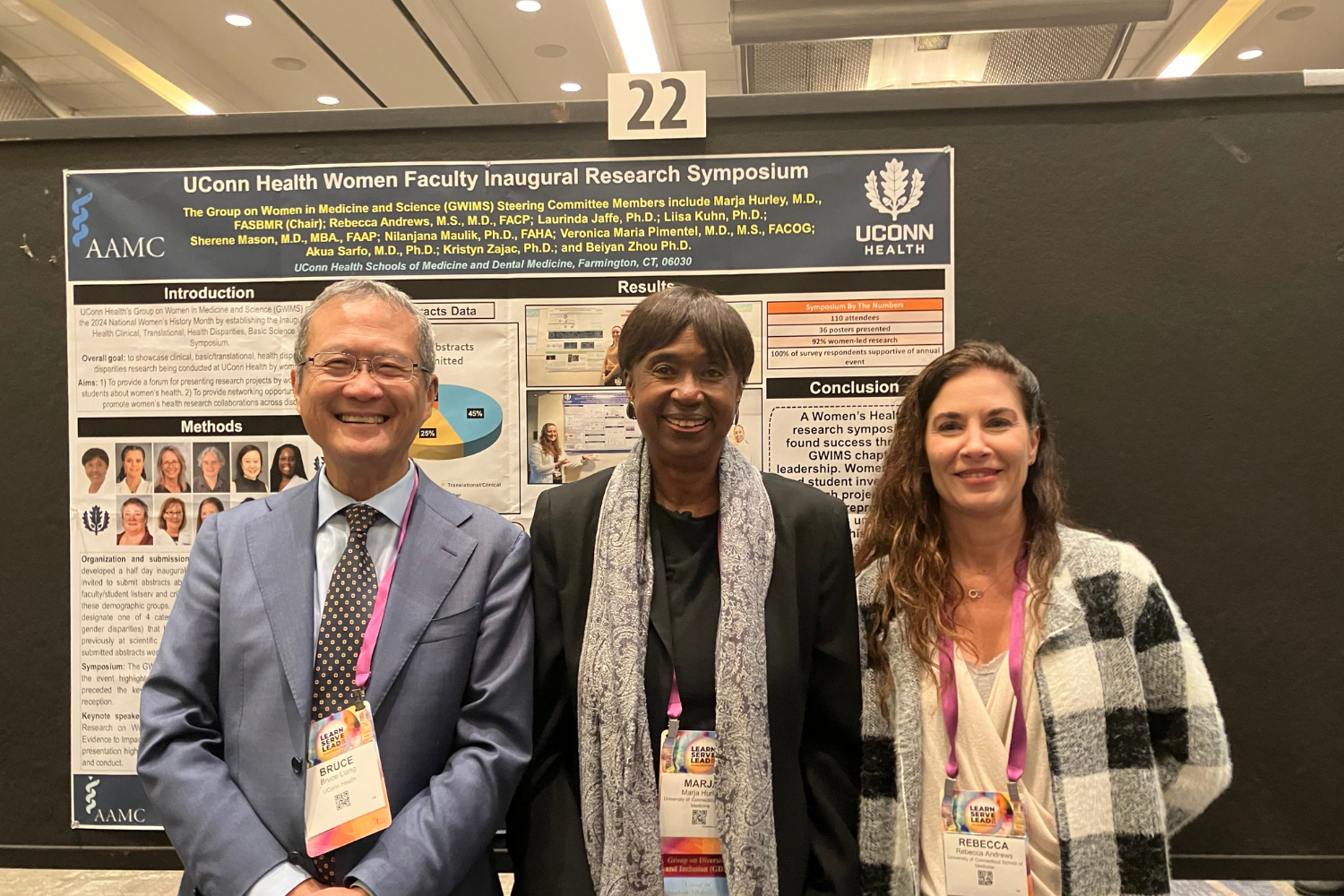A team of UConn researchers, partnering with collaborators from five Ethiopian universities and Alabama A&M University, has been selected to receive significant funding from USAID through the Africa-US Higher Education Initiative to support work aimed at building Ethiopia’s educational capacity to effectively manage its water resources. The team was one of just 11 chosen.
UConn Engineering professors Michael Accorsi and Mekonnen Gebremichael lead the project with their co-lead institution in Ethiopia, Addis Abba University. The aim of the project is to help Ethiopian universities increase their capacity to educate their students and conduct research and outreach that will contribute to solving the water management and distribution challenges that plague their country. A centerpiece of the project is the establishment of an Ethiopian Institute of Water Resources.
UConn Provost Peter Nicholls applauded the announcement, saying “We are deeply honored by the confidence USAID/HED has placed in this project, which promises to help Ethiopia address an environmental and socio-economic problem of enormous proportion. UConn is committed to improving the lives of citizens across the globe. This project exemplifies the highest application of our abilities as an educational institution.”
In addition to Drs. Accorsi and Gebremichael, the group includes civil and environmental engineering faculty members Guiling Wang, Emmanouil Anagnostou and Amvrossios Bagtzoglou; Farhed Shah of agricultural and resource economics; and geography professors Jeffrey Osleeb and Carol Atkinson-Palombo. Besides UConn, the project includes partners from Alabama A&M University along with five Ethiopian universities: co-lead Addis Ababa University, Arba Minch University, Bahir Dar University, Hawassa University and Mekelle University.
Despite abundant water reserves fed by nine river basins – including the Nile River in the northwest – across Ethiopia: half of the nation’s estimated 80 million residents walk up to 2.5 miles daily to collect water; over 70% lack access to safe drinking water; agriculture is primarily rain-fed, causing food insecurity, while less than 5% of the nation’s potential irrigable land is under irrigation; only 2% of the nation’s potential hydropower is utilized; and water-related diseases such as malaria are major public health problems.
USAID is providing up to $1.1 million to each of the 11 projects during the initial two years, in support of activities that address issues including food security and agriculture, energy, health care, education, and water in Africa. The funding comes through Higher Education for Development (HED) which currently manages grants for the Africa-US Higher Education Initiative, led by the Association of Public and Land-grant Universities (APLU). It is expected the partnerships will continue well beyond the initial funding period and enhance the resources of U.S. universities while enabling African universities to capitalize on their on-the-ground knowledge, proximity to the challenges, and internal capacity to better address these challenges.
Read more about the project at http://www.engr.uconn.edu/ethiopiawaterhelp.php.
The project is hosted and sponsored by USAID, HED and the Africa-U.S. Higher Education/Association of Public and Land-grant Universities (A٠P٠L٠U). The Africa-U.S. Higher Education Initiative was established byA٠P٠L٠U to increase teaching, problem solving and administrative capacity in African institutions.
For more information:
Mekonnen Gebremichael, (860) 486-2771


